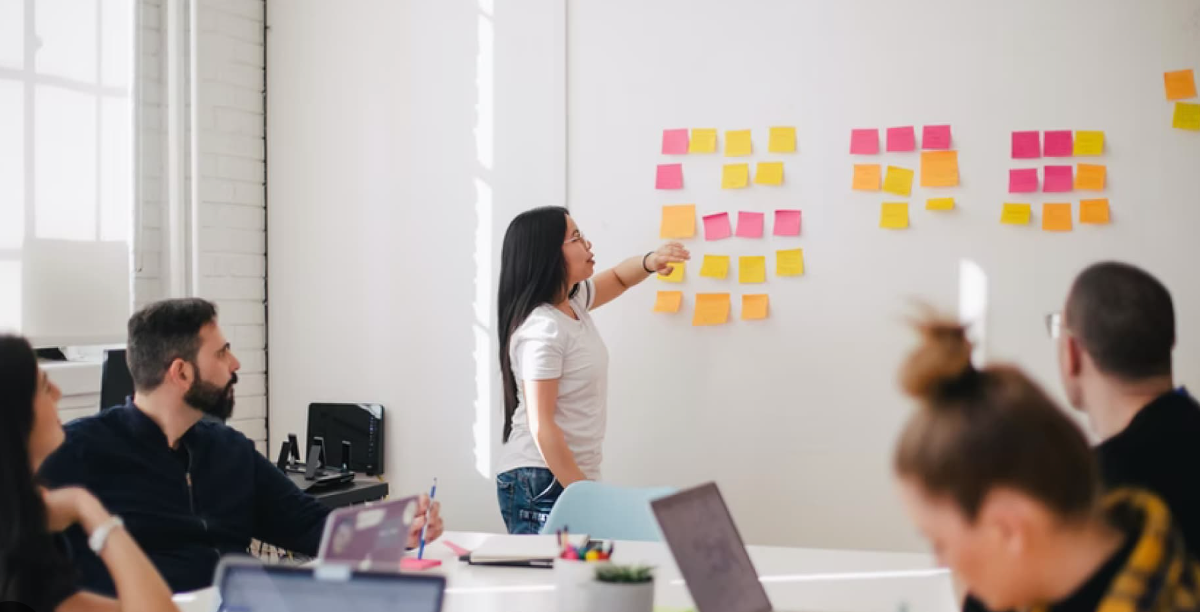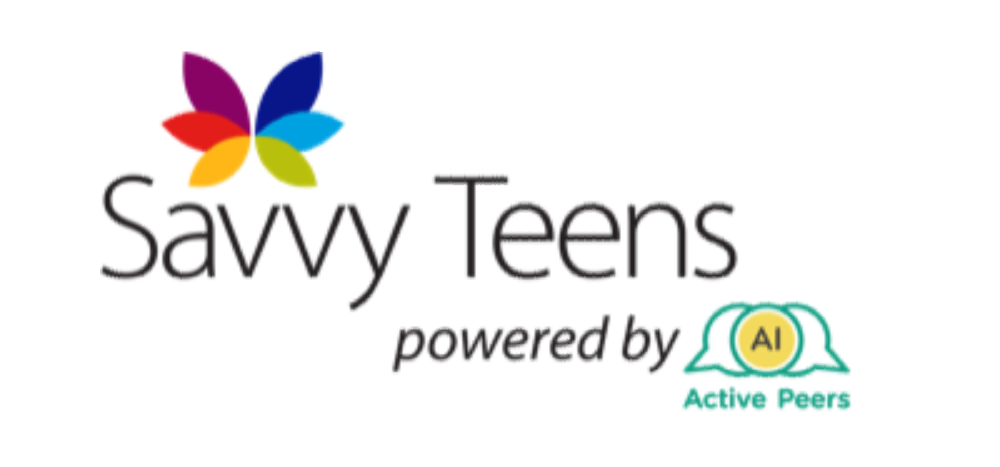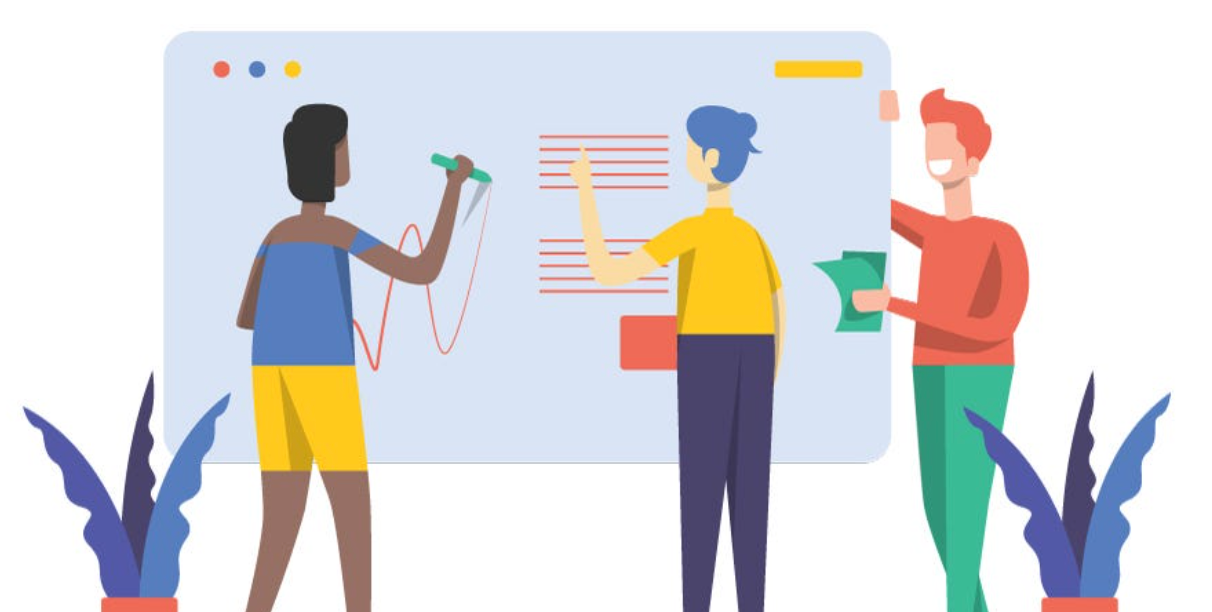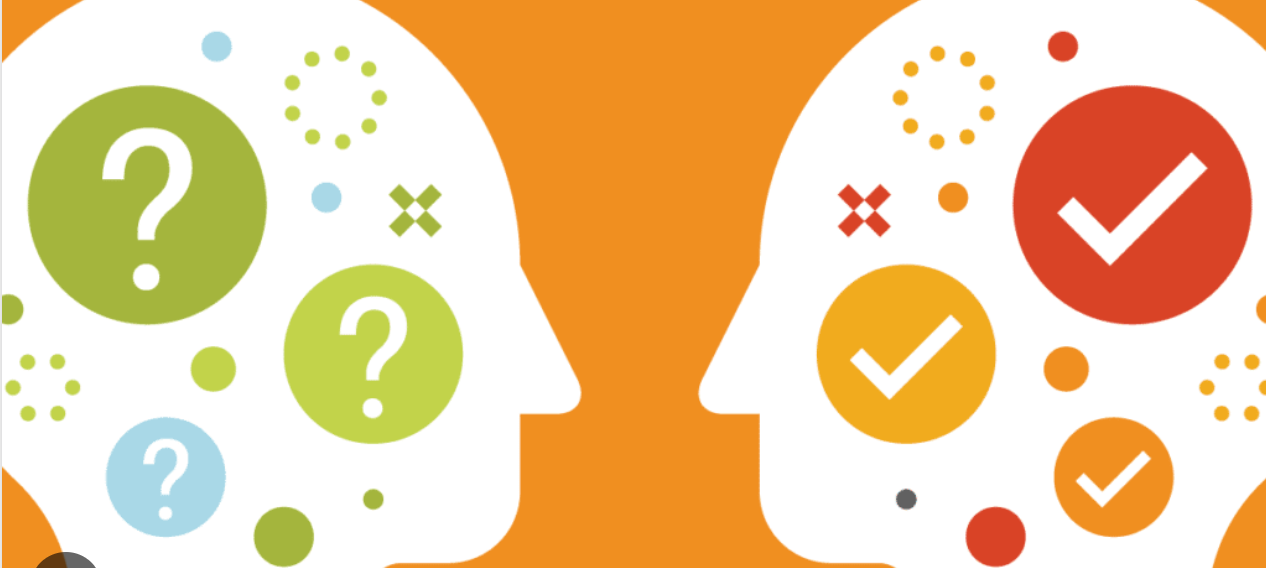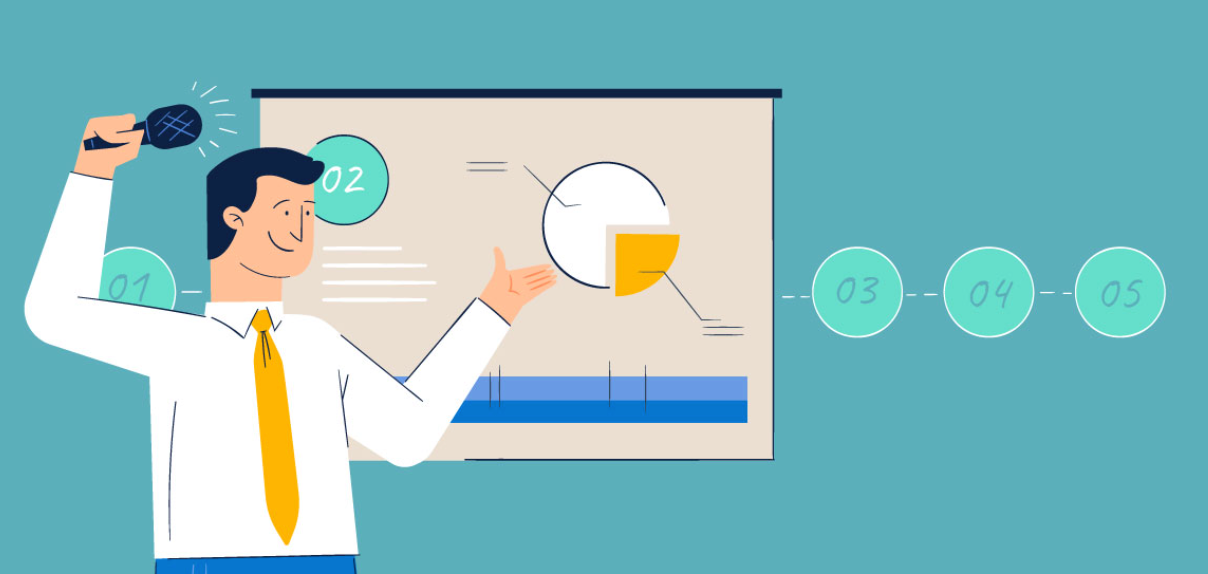Making a Meaningful Mentoring Difference with Legal Fridays
Active Peers AI recently hosted its sixth YouTube Live on “Making a Meaningful Mentoring Difference with Legal Fridays”.
This Livestream is based on Legal Fridays, which is a tailored programme by A&L Goodbody for students in participating North East Inner City (NEIC) schools.
Legal Fridays took place over three Fridays in January structured around developing communication techniques, learning from industry mentors and building employable, career-building skills all woven into a legal theme. During the session, Susan used Active Peers AI lots of times. For instance, Susan used a "manual" version of our matching algorithm to match each group whereby they were from different schools and met a different mentor.
Apart from a Q&A session with Susan, we also had two guests, Suzie O'Shea and Clair Rooney Dolan, from A&L Goodbody join us for an interview with Susan.
Susan's Interview with Suzie and Clair
1) Can you tell us what "responsible business" means to you?
From Clair's perspective, it includes holding oneself accountable and responsible for one's actions. It also involves engaging with the local community in a meaningful and impactful way, through community partnerships and initiatives. Clair also shared with us that she has always been involved in charity work growing up but was unaware that it could be a job. She believes that responsible business practices are crucial for creating a positive impact on society and the environment.
2) What was your experience of the format i.e. the active learning-focused day led up to the meetings with the mentors and locking in what they learned afterward?
Suzie reckons that the format was particularly accessible for the students, who were able to learn what a law firm truly is and hear from knowledgeable speakers. The speakers engaged the students and encouraged them to ask questions, contributing to an interactive and informative learning environment. After lunch, the students had the opportunity to meet with their mentors, and the mentors were impressed with the insightful questions that the students asked. The students were confident and comfortable in the corporate law firm setting, which bodes well for their future success in the field. Overall, the active learning-focused day was an excellent way to engage and educate students, and Suzie looks forward to similar events in the future.
3) What feedback did the mentors share with you afterward?
Suzie points out that the feedback received from the mentors was overwhelmingly positive. She was pleased to hear that the mentors found the students to be engaged and inquisitive, asking challenging and out-of-the-box questions. The mentors appreciated the effort A&L Goodbody and Savvy Teens made to build relationships with the students, creating an environment in which they felt comfortable asking questions and participating in the discussion. Additionally, the mentors were impressed with the guidance Susan provided on how to ask good questions, emphasizing the importance of thinking deeply about what one really wants to know in order to get the most valuable answers.
4) Do you have any key takeaways that you might suggest to others who want to mentor young people?
According to Clair, firstly, it's important to recognize that many young people are eager to work in a hybrid style, blending in-person and virtual experiences. This can be a great way to engage with them on their own terms and provide an environment in which they can be successful. Secondly, it's important not to fall into the trap of assuming that all teenagers are disinterested or disengaged. In Clair's experience, the teenagers she has worked with were incredibly engaging and curious, eager to learn and participate in discussions. By approaching mentoring with an open mind and a willingness to engage with young people on their own terms, they created a positive and impactful experience for both the mentors and the students.
Q&A Session with Susan
During the Q&A session with Susan, the audience posed the following questions:
1) "Can you tell us more about the types of communication techniques that were taught during Legal Fridays?"
During Legal Fridays, Susan focused on teaching a variety of communication techniques to our participants. However, we also recognized that simply listening to guest speakers can be quite passive, so Susan made a conscious effort to encourage our students to ask questions and engage with the material on a deeper level. One technique Susan found to be particularly effective was asking students to draw a picture of themselves and their daily routines, which helped them to reflect on their own experiences and share them with the group. Additionally, Susan emphasized the importance of preparing for mentor meetings by presenting findings of their research to their mentor, coming up with their own questions, and analyzing their findings. Finally, Susan encouraged our students to document what they learned and reflect on their experiences, helping them to retain and apply the knowledge they gained during Legal Fridays.
2) What skills should I learn to boost my employability in 2023?
As we approach 2023, Susan belives that it is becoming increasingly important for job seekers to develop a diverse set of skills that will make them more employable in an ever-changing job market. One key skill that is likely to be increasingly in demand is the ability to prompt AI, such as ChatGPT. As AI continues to play a larger role in the workplace, the ability to interact with and guide these systems will be a valuable asset. Additionally, critical thinking skills will become more important than ever, as human interaction with AI will require the ability to think critically about the answers provided by these systems. Finally, creativity will also be a valuable asset, as employers will be looking for individuals who can look at problems from different perspectives and come up with innovative solutions. By developing these skills, job seekers can position themselves for success in 2023 and beyond.
3) What is your step-by-step process for matching the right mentors with the right students?
First and foremost, Susan reckons we should consider each individual's knowledge and the specific areas in which they want to learn and grow. This helps us to identify potential mentors with the necessary expertise and experience to guide their mentees effectively. We also consider the industry in which the student is interested, as this can play a significant role in determining which mentor will be the best fit. Finally, Susan places a strong emphasis on gender diversity, recognizing that learning to work with people of other genders is an essential skill in today's workplace. By taking these factors into account, we are able to create strong mentor-mentee relationships that are built on trust, respect, and mutual learning.
4) In what ways do you think a well-designed feedback mechanism can help organizations and individuals improve their communication and career building skills?
A well-designed feedback mechanism can be a powerful tool for organizations and individuals to improve their communication and career-building skills. To make the most of feedback, it's important to be specific about what you're asking and to ask targeted questions that will provide actionable insights. It's also crucial to write down the feedback you receive, so you can reflect back on it at a later stage and track your progress over time. By incorporating feedback into your professional development process, you can identify areas for improvement and take concrete steps to enhance your skills and advance your career. Additionally, organizations that prioritize feedback can create a culture of continuous improvement and innovation, fostering a more collaborative and productive working environment.

